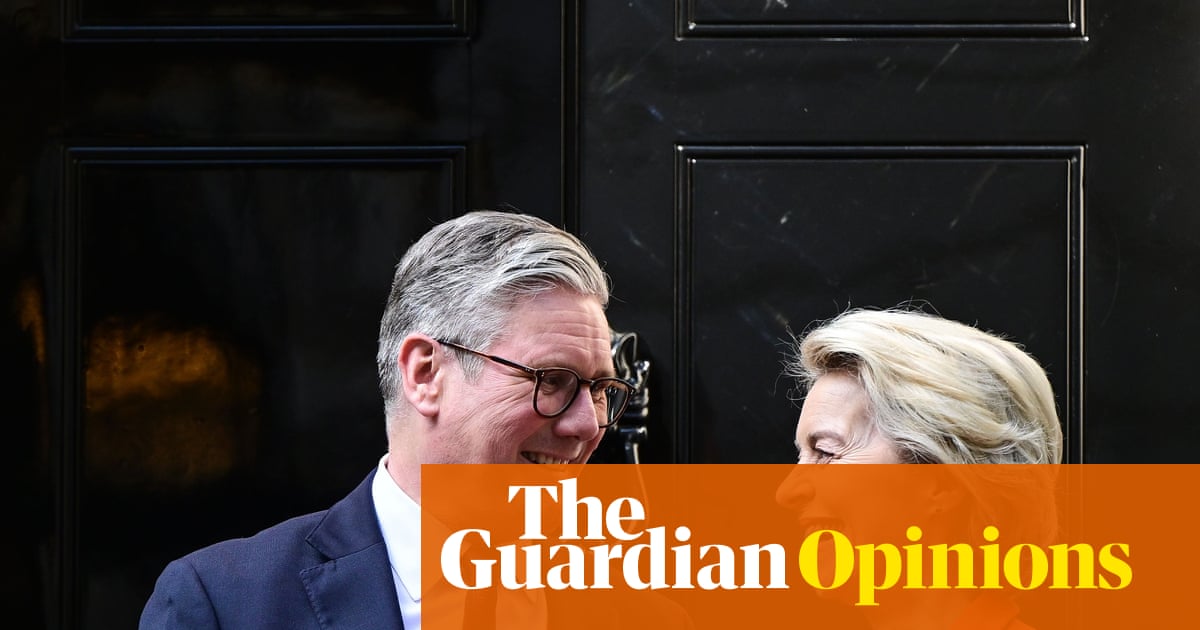Wall Street bankers say they are at the beginning of “go mode” as they expect Donald Trump’s return to the White House to lead to a boom in the industry.
Trump’s second term is expected to result in a bonfire of regulations, including across financial services, with the president having promised during his election campaign to slash 10 existing regulations for every new one created in an attempt to spur economic growth.
It has buoyed spirits across the banking sector, where bosses have long bemoaned tougher rules introduced after the 2007-08 banking crisis which brought the global financial system to the brink.
“Time will tell, but a lot of this is exactly what you would do to have a very pro-business environment,” JP Morgan’s head of asset and wealth management, Mary Callahan Erdoes, told a panel discussion at the World Economic Forum in Davos, Switzerland.
She said US banks were “in the beginning of go mode” and that “animal spirits are alive” across Wall Street, given that looser regulation is expected to prompt a wave of dealmaking that could benefit investment banks.
“Look, regulation has been stifling,” the chief executive of the US bank BNY, Robin Vince, told the panel. “It’s really against the whole purpose that governments around the world have in trying to enable growth for their countries.”
Erodes agreed: “If you look at the last administration and the number of new, significant regulations, it was eight times the number of significant new regulations versus the prior Trump administration.”
Wall Street’s support for deregulation comes despite criticism of the legacy of the first Trump administration. His attempts to repeal post-financial crisis rules in 2018 were partly blamed for the mini-banking crisis of 2023, which caused the collapse of a handful of US lenders, including Silicon Valley Bank.
In 2018, Trump unpicked some of the credit requirements of the Dodd-Frank banking rules, which required banks with at least $50bn (£41bn) in assets – that is, those considered “systemically important” – to undergo an annual Federal Reserve “stress test” and to maintain certain levels of capital as well as plans for a “living will” if they failed.
Regardless, bank bosses are hoping Trump now moves swiftly to water down so-called Basel III rules, which are meant to ensure banks hold enough capital to absorb potential losses.
“What we want to see is capital [requirements becoming] a little more rational,” Brian Moynihan, the chief executive of the Bank of America, said on the sidelines of the Davos meeting. “And then, secondly, you want to take a look at some liquidity and other rules which got stacked up and actually have an adverse effect on carrying capital, which doesn’t make a lot of sense because some of the other tedious things that go on banking regulation.”
Central banks around the world are rethinking their approach to regulation in light of Trump’s presidency, with the Bank of England announcing last week it would delay its final decision on capital rules for another year to get clarity on the US position. The EU also said it was considering its options.
“This is a good time to take a step back and think about what works in regulation and what doesn’t,” the head of Standard Chartered, Bill Winters, told the Davos meeting.
after newsletter promotion
But, overall, the economic policies Trump has announced since his inauguration were a “good thing” for business, according to Moynihan. He told Reuters it appeared the administration “want to see the US economy grow and prosper. Everything we heard yesterday is not different than what we heard in the campaign … so now they’ve got to start to figure out how to implement these changes.”
JP Morgan has set up a “war room” to analyse and evaluate each of Trump’s executive orders, which include withdrawing the US from the Paris climate agreement and repealing a ban on Artic oil drilling.
“The last 24 hours are showing that there’s going to be a lot of changes that we all have to digest,” Erodes said, adding that JP Morgan bankers “have been up all night and are working on it”.
Trump also banned federal government staff from working from home, a move cheered by JP Morgan, which has ordered its own staff back into office five days a week. “Thank god the US government has done it, and hopefully that’ll keep us ahead of other governments in the world so we can continue to compete,” Erdoes said.
Charlie Nunn, the chief executive of Lloyds Banking Group, told CNBC says it was “early days” to judge Trump’s administration but that while his neew policies were likely to support the US economy, they risked slowing growth across the rest of the world.
“The first thing I’d say, like Trump version 1.0, he does what he says he’s going to do, and so I don’t think there’s huge uncertainty about the priorities he’s laid out. As always, it’s going to be how these things are implemented and how they have an impact on the world. Look, our base case for this year is quite simple,” Nunn said. “It’ll be good for US growth [but] we think it’s likely to slow international growth.”

 3 months ago
56
3 months ago
56













































